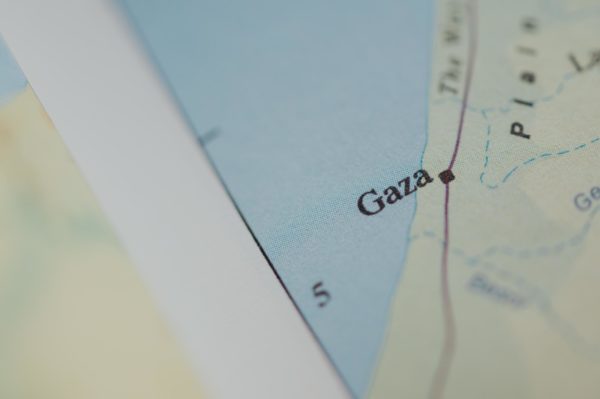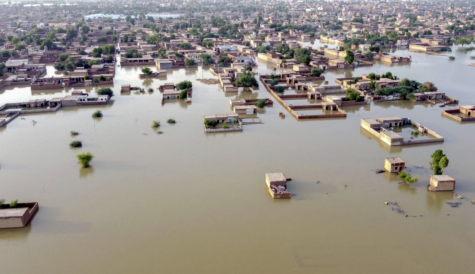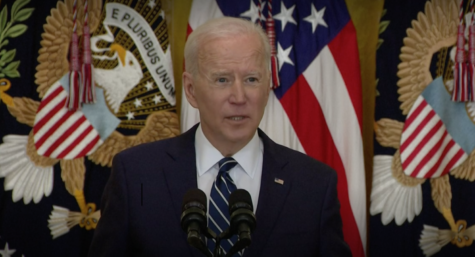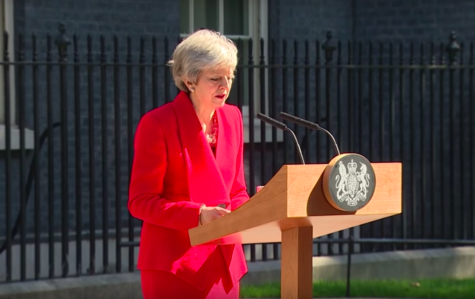North Korea carries out controversial rocket launch
December 11, 2012
Updated 11:35 p.m.
HONG KONG (CNN) — North Korea surprised and angered the international community Wednesday by launching a long-range rocket that may have put an object in orbit.
The secretive North Korean regime said the rocket had successfully blasted off from a space center on its west coast and claimed the satellite it was carrying had entered its intended orbit. The launch followed a botched attempt in April and came just days after Pyongyang suggested it could be delayed.
Initial indications suggest the rocket “deployed an object that appeared to achieve orbit,” the North American Aerospace Defense Command, the joint U.S.-Canadian aerospace agency, said in a statement.
North Korea has previously claimed that two other rockets fired in the past 15 years had successfully launched satellites, but other countries say they fell into the ocean before completing the task.
Many nations, such as the United States and South Korea, consider the launch to be a cover for testing ballistic missile technology. The nuclear-armed North has insisted its aim was to place a scientific satellite in space.
Countries around the world quickly condemned Pyongyang’s move on Wednesday, saying it breached U.N. Security Council resolutions.
The South Korean government said the launch was confrontational and a “threat to the peace and stability of the Korean peninsula and the world.”
The United States called it “a highly provocative act” that is “yet another example of North Korea’s pattern of irresponsible behavior.”
Washington will work with other countries — including China, Russia and other Security Council members — “to pursue appropriate action,” said Tommy Vietor, a U.S. National Security Council spokesman.
The launch came as a surprise to the United States, which did not expect it to take place Wednesday, a senior U.S. official said.
British Foreign Secretary William Hague said he deplored the fact that North Korea “has chosen to prioritize this launch over improving the livelihood of its people.”
Neighboring countries said the rocket had taken off Wednesday morning and flown south over the Japanese island of Okinawa.
The Japanese government said it believed one part of the rocket came down in the sea off the Korean Peninsula, a second part dropped into the East China Sea and a third fell into waters near the Philippines.
“It is extremely regrettable that North Korea forced the launch despite our protest,” Japanese Chief Cabinet Secretary Osamu Fujimura said at a news conference in Tokyo. “It is not acceptable, and we strongly protest against it.”
South Korea’s semi-official news agency Yonhap reported that President Lee Myung-bak has convened an emergency security meeting in Seoul.
A launch had seemed unlikely to take place so soon after North Korea announced Monday that it was extending the launch window into late December, citing technical issues in an engine.
Previous launch attempts by the North in 1998, 2006, 2009 and April this year failed to achieve their stated goal of putting a satellite into orbit and provoked international condemnation.
Pyongyang had said this rocket launch would be “true to the behests” of Kim Jong Il, the late North Korean leader and father of Kim Jong Un, head of the ruling regime.
Kim Jong Il died on December 17 last year, so the first anniversary of his death falls within the launch window that North Korea has announced.
Experts had also speculated that Pyongyang wanted this launch to happen before the end of 2012, the year that marks the centenary of the birth of Kim Il Sung, the founder of North Korea and grandfather of Kim Jong Un.
—–
Updated 11:29 p.m.
North Korea’s launch of a long-range rocket on Wednesday is “a highly provocative act that threatens regional security” the U.S. government said. The United States will work with other countries “to pursue appropriate action,” said Tommy Vietor, a U.S. National Security Council spokesman.
—–
HONG KONG (CNN) — North Korea has carried out the launch of a long-range rocket, South Korea’s Ministry of Defense said Wednesday.
“Shortly after the liftoff, Aegis radar system in the Yellow Sea detected the move,” a senior military official was quoted by South Korea’s semi-official Yonhap press agency as saying.
The Japanese government also told CNN by phone that it took place at 9.49 a.m. local time and passed over the island of Okinawa, though no action was taken to shoot it down.
The news comes as a surprise after North Korea announced Monday that it was extending the launch window into late December, citing technical issues in an engine. On Tuesday, satellite images purportedly showed the rocket being moved from the launch pad, Yonhap said.
The test has been widely condemned by other countries like the United States and South Korea, which say it is a cover for testing ballistic missile technology. The North insists the launch is aimed at putting a scientific satellite into orbit.
When it announced its plans on December 1, the reclusive North Korean regime said it intended to carry out the launch between Monday and December 22. But on Saturday, the state-run Korean Central News Agency (KCNA) said the launch could be delayed.
In a new article Monday, KCNA reported that scientists and technicians had “found technical deficiency in the first-stage control engine module of the rocket,” citing a spokesman for the Korean Committee of Space Technology.
Previous launch attempts by the North in 2006 and 2009 also failed to achieve their stated goal of putting a satellite into orbit and provoked international condemnation.
Pyongyang has said the planned rocket launch would be “true to the behests” of Kim Jong Il, the late North Korean leader and father of Kim Jong Un, head of the ruling regime.
Kim Jong Il died on December 17 last year, so the first anniversary of his death falls within the launch window that North Korea has announced.
Experts also speculate that Pyongyang wants this launch to happen before the end of 2012, the year that marks the centenary of the birth of Kim Il Sung, the founder of North Korea and grandfather of Kim Jong Un.
















